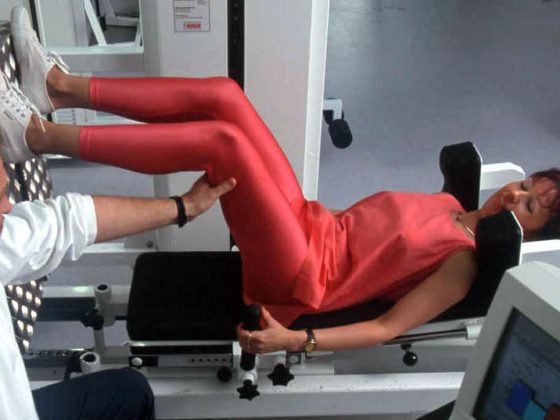The healthcare system is not only under constant pressure to perform, but also under ever-increasing cost pressure. This also applies to generic drug companies in Switzerland. However, Mepha feels it can cope with the pressure and draws a positive balance.
On November 20 in Zurich, the focus was both on the Swiss generics market in general and on the development of Mepha in particular. After financial difficulties of the main financial shareholder, Merck in Germany, a turbulent time dawned four years ago for Mepha. After the acquisition by Cephalon, it joined the international Teva Group. As a result, Mepha now also falls under the umbrella of the Group. In 2012, the Production and Research and Development sections were sold and the company headquarters were relocated from Aesch to Basel.
The current company structure can be divided into the subdivisions Teva Pharma AG (marketing of original products) and Mepha Pharma AG (marketing of the generic product range). Both will be combined under the umbrella of Mepha Schweiz AG. Another development is the establishment of a joint venture with Proctor & Gamble. “The marketing of prescription products still make up Mepha’s core business with more than 90%,” said Andreas Bosshard, General Manager of Mepha Schweiz AG in Zurich.
Although Mepha launched 11 generics in the current year, growth in the generics sector remained quite significantly below the growth of the overall Swiss generics market of 7.8%, with an increase of 5.9%. Bosshard sees the reason for this in the fact that more and more original companies are also entering the market when major patents expire and offering their own generic products.
Portfolio expansion
The strategy of expanding the product portfolio also includes the area of specialties. Here, for example, the Teva Group is already the global market leader with Copaxone®, a therapeutic for reducing inflammatory reactions in the CNS in multiple sclerosis (MS). “We have another drug in the pipeline for the treatment of MS, and in the future we will also focus on our own new developments in cancer therapy, respiratory diseases and biosimilars,” said Dr. Lars Thiele, Head of Specialty Medicines at Teva Pharma AG. A lot is expected from Laquinimod in particular. The MS therapy is intended to slow the progression of disability early and markedly, but the substance has not yet been approved. Clinical trials to date have shown a 36% confirmed improvement with laquinimod 0.6 mg [1].
Drugs are only part of total healthcare costs
As a closing presentation, Dr. Peter Huber, Managing Director of Intergenerika, spoke about the general situation of generics manufacturers:
“In Switzerland, less than 10% of healthcare costs are attributable to medicines. Nevertheless, drug prices are often seen as cost drivers and pilloried.” This is particularly unjustified with regard to the generics market, as these are on average around 30% cheaper than the original products. This not only relieves healthcare costs directly through the lower price, but also indirectly by means of competition with the original manufacturers. In this way, more than one billion Swiss francs can be saved per year in Switzerland. Dr. Huber is fundamentally positive about the Swiss generics market: “Swiss generics are of very high quality and are in no way inferior to the originals. It is also important that, by law, all package sizes and dosages must be offered in Switzerland, in line with the originals. For this reason, the association is also against the cheapest principle. This has led to extremely negative consequences in other countries such as Germany, Holland or Denmark. For example, in Holland, where the preference model has been introduced: Here, new drugs are purchased every two weeks via a tendering process. This resulted in patients taking their medications incorrectly 500,000 times per year. The reason for this is that patients sometimes receive packages with texts in foreign languages, or the package insert is missing altogether, as the individual blisters are transferred into neutral sachets. An additional problem is that patients are constantly having to switch to new preparations due to the ongoing price changes of individual drugs. This makes compliance more difficult and can also shake confidence in the therapy.
Source: Media event “Mepha and the Swiss generics market”, November 20, 2013, Zurich.
Literature:
- Comi G et al: Presented at: 63rd Annual Meeting of the American Academy of neurology; April 9-6, 2011 Honolulu, HI. Neurology 2011; 76(14).
HAUSARZT PRAXIS 2014; 9(1): 7-8











